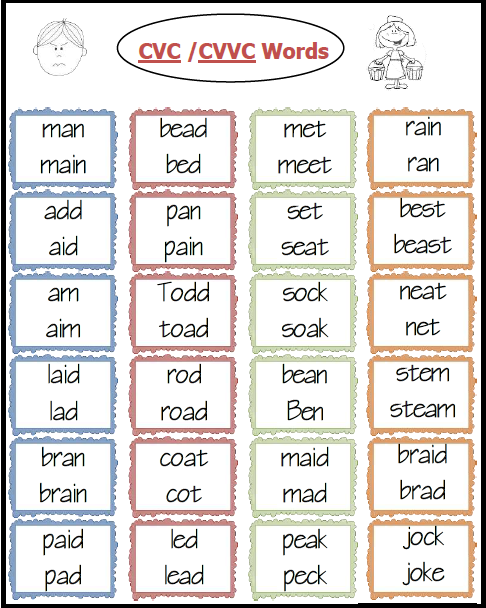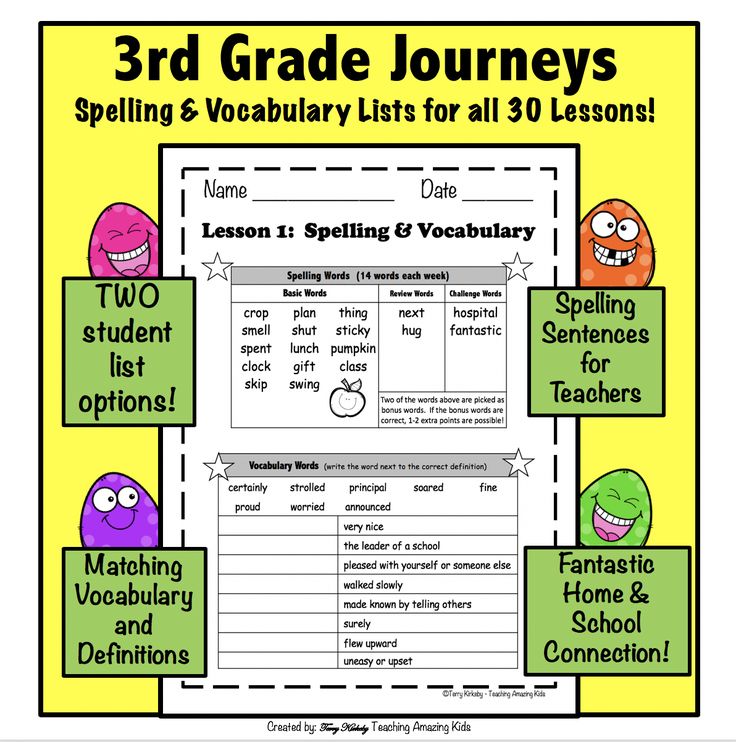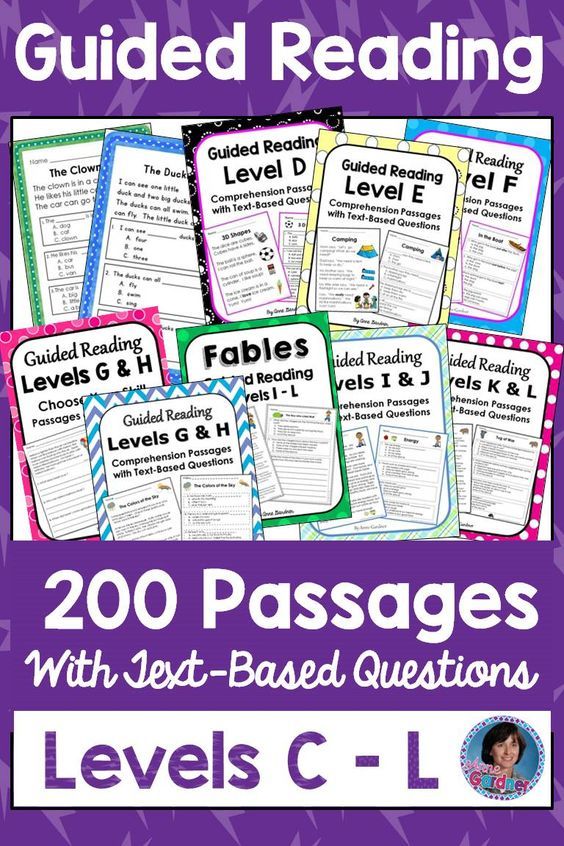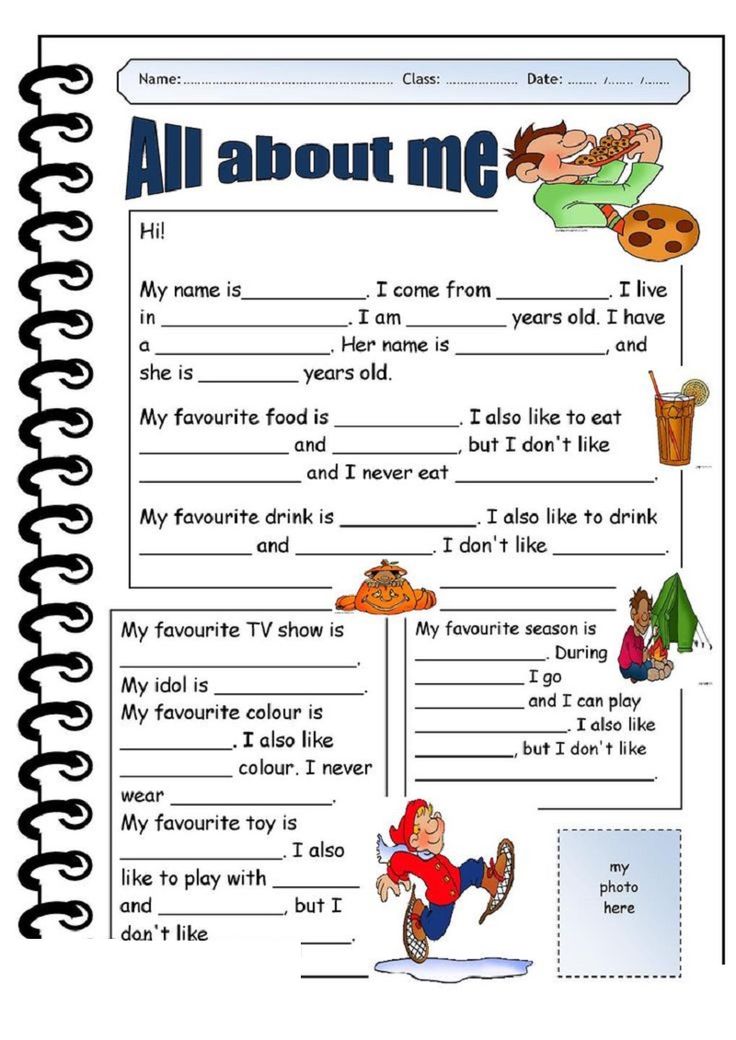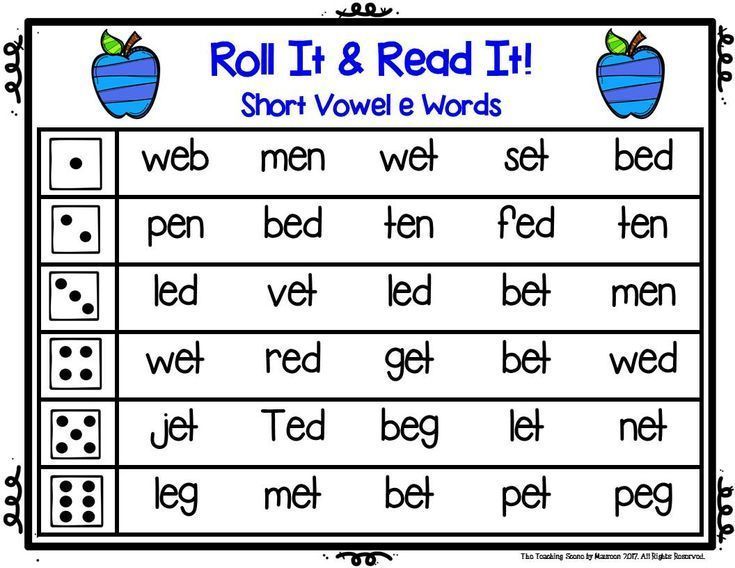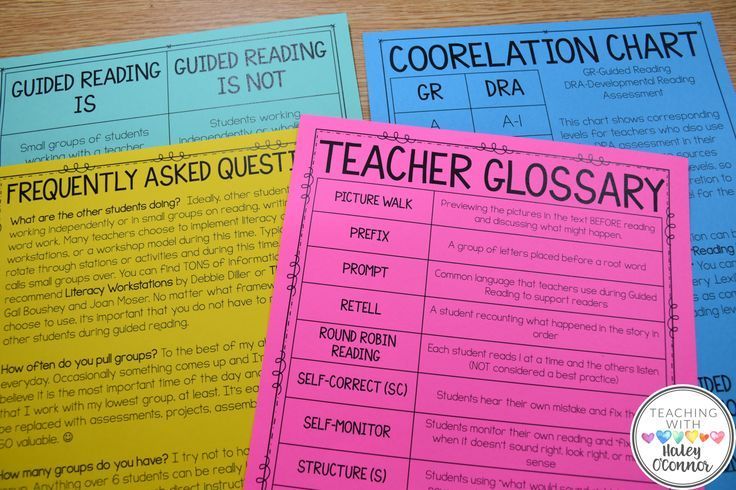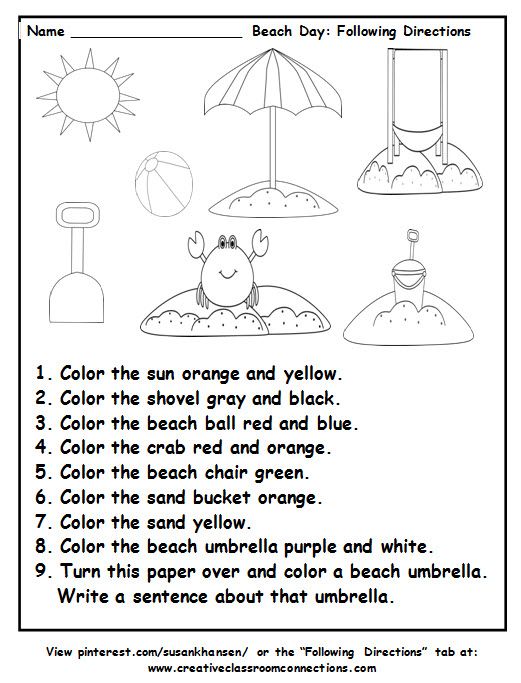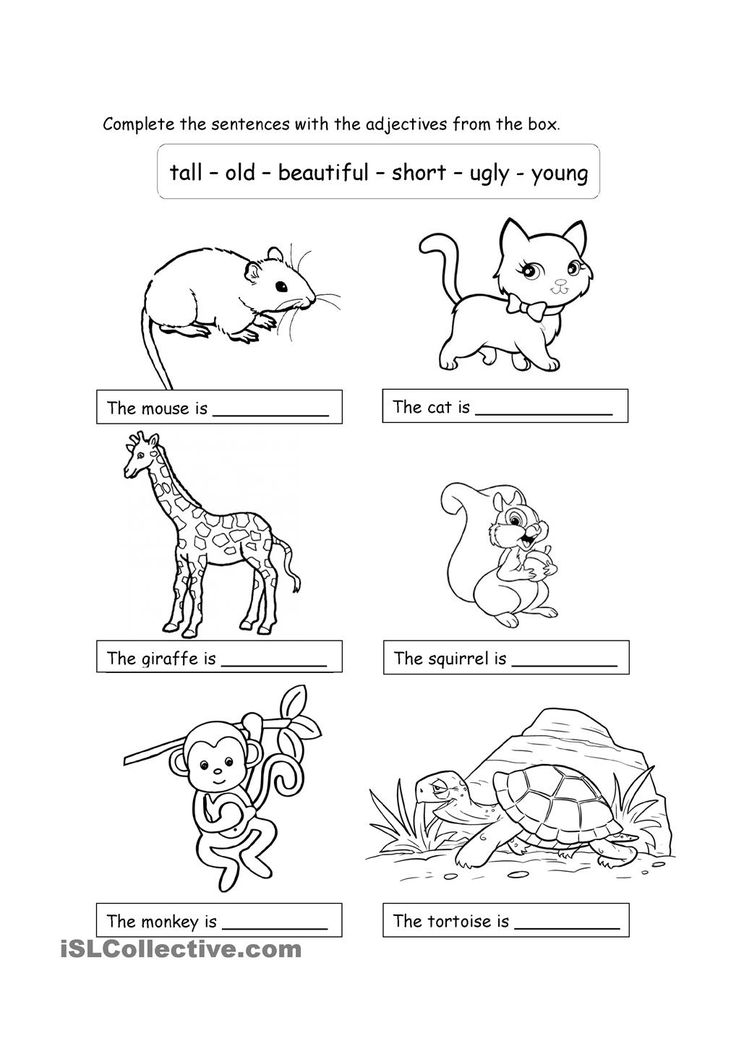Practice sounding out words
Practice Sounding Out Words | Colorín Colorado
On this page
- Ask your child to read aloud
- Pick books that are not too hard
- Encourage your child to "sound out" words
- Gently correct your child
- Be patient
- Have your child re-read sentences
- Read, read, and read some more
A big step in learning how to read is being able to figure out new words. This is hard work. Kids need a lot of practice. They also need a lot of encouragement from you!
Here are some ways to help your child practice reading:
Ask your child to read aloud
Ask your child to read aloud to you at bedtime or anytime. Bring a children's book or magazine any time you'll have to wait, such as at a doctor's office or on a bus. Give your child lots of practice reading.
Pick books that are not too hard
Help your child choose books that are not too difficult. Your child should be able to figure out most of the words on the page. You want your child to have lots of success with reading. That way, he or she will want to read more. Books that rhyme, that repeat phrases, and that have predictable stories are good for new readers.
Encourage your child to "sound out" words
If your child is having trouble figuring out a word, use your finger to point to the first letter in the word. Ask him or her what the letter usually sounds like. This won't always work because some letters have more than one sound. In the long run, though, being able to sound out words is more valuable than being able to use other types of clues to figure out a word (like looking at the pictures or guessing).
Gently correct your child
When your child makes a mistake when reading aloud, gently point out the letters he or she overlooked or read incorrectly. Ask questions such as, "Do you remember what sound this letter stands for?" Many beginning readers will guess wildly at a word based on its first letter. Encourage your child to pay attention to all the letters in a word.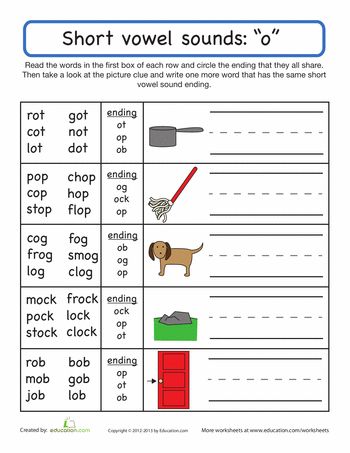
Be patient
Figuring out new words is hard work! When your child is trying to sound out a new word, give him or her time to do so. It might take a couple of tries.
Have your child re-read sentences
When your child has figured out a new word, ask him or her to re-read the sentence the word is in. Often, children are so busy figuring out a word that they'll forget what they've just read.
Read, read, and read some more
Encourage your child to re-read favorite books. He or she will probably be able to read the story more quickly and successfully the second or third time. Make reading together a warm and loving time. See Fun and Effective Ways to Read with Children for ideas.
Major support provided by our founding partner, the American Federation of Teachers, AFL-CIO.
With generous support provided by the National Education Association.
ADVERTISEMENT
Most Popular
10 Strategies for Building Relationships with ELLs
Culturally Responsive Instruction for Holiday and Religious Celebrations
Language Objectives: The Key to Effective Content Area Instruction for English Learners
Supporting ELLs in the Mainstream Classroom: 12 Strategies for Language Instruction
Tweets by @ColorinColorado
Sounding Out Words Practice Pages
It’s no secret that sounding out words is still a bit of a struggle for my now 2nd grader.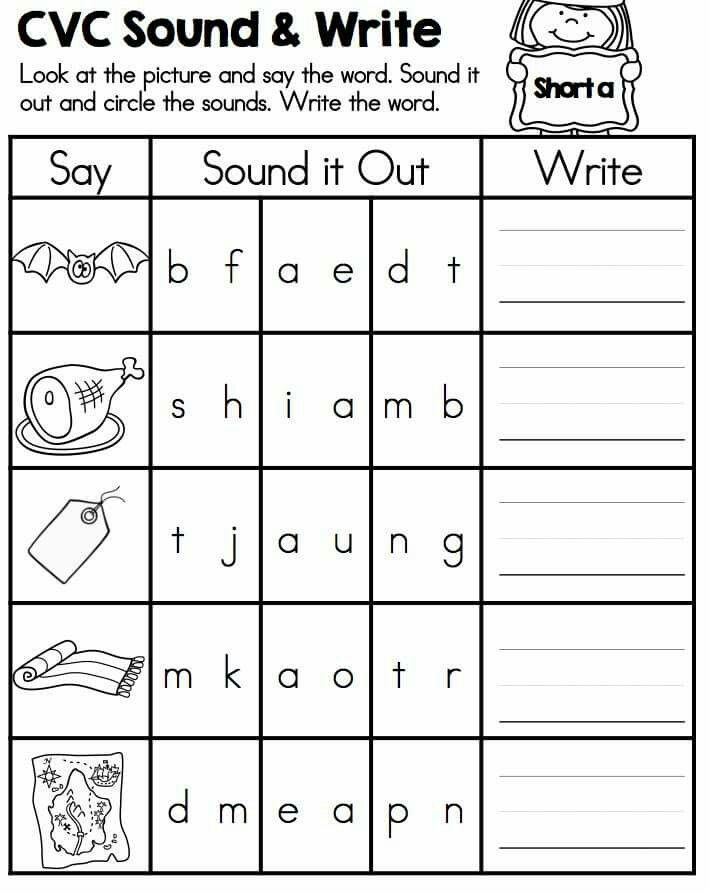 Of course, I don’t want this to be her go-to reading strategy for every word because that just wouldn’t be appropriate.
Of course, I don’t want this to be her go-to reading strategy for every word because that just wouldn’t be appropriate.
But truly decodable words, like track or stump, still often trip her up. Instead of reading through the word, she takes bits and pieces of the word to guess a random word. For example, she may take the ck, a, and t out of track and guess CAT.
*This post contains affiliate links.
**The free printables can be found at the END of this post. Look for the teal download button.
Sounding out Words Practice Pages
While I’ve never had her diagnosed with a reading disability, like dyslexia, struggling to read runs in my family. My mom has a few struggles and I used to be a struggling reader myself.
One simple trick I’ve learned is to work with my daughter when she’s fresh in the morning. In our homeschool rotations, we work together first on spelling, then a little later on reading…all before 10am. {This is one of the reasons I think so many classroom teachers have their literacy block before lunch.}
{This is one of the reasons I think so many classroom teachers have their literacy block before lunch.}
Another quick trick is to make sure the text she’s reading aloud isn’t too long. Once she’s read aloud for about 10 minutes, she begins to tire out and make more mistakes.
Today, I’m sharing another trick that I’m using to help her sound out words. {And there are some free printables, too!}
I’ve shared something similar to this before with our CVC blend and dab pages {pictured above}. But today, we’re dropping the dot paint {you can still use it if you’d like} and grabbing crayons instead.
I first have to ‘fess up and tell you this isn’t totally my idea. When she was coloring the words from our blends & digraphs phonics dice game, I realized what she was doing and how much it was helping her sound through each word. So I created some color and read practice pages for her.
These pages are super simple, but help readers remember they are sounding out words from left to right.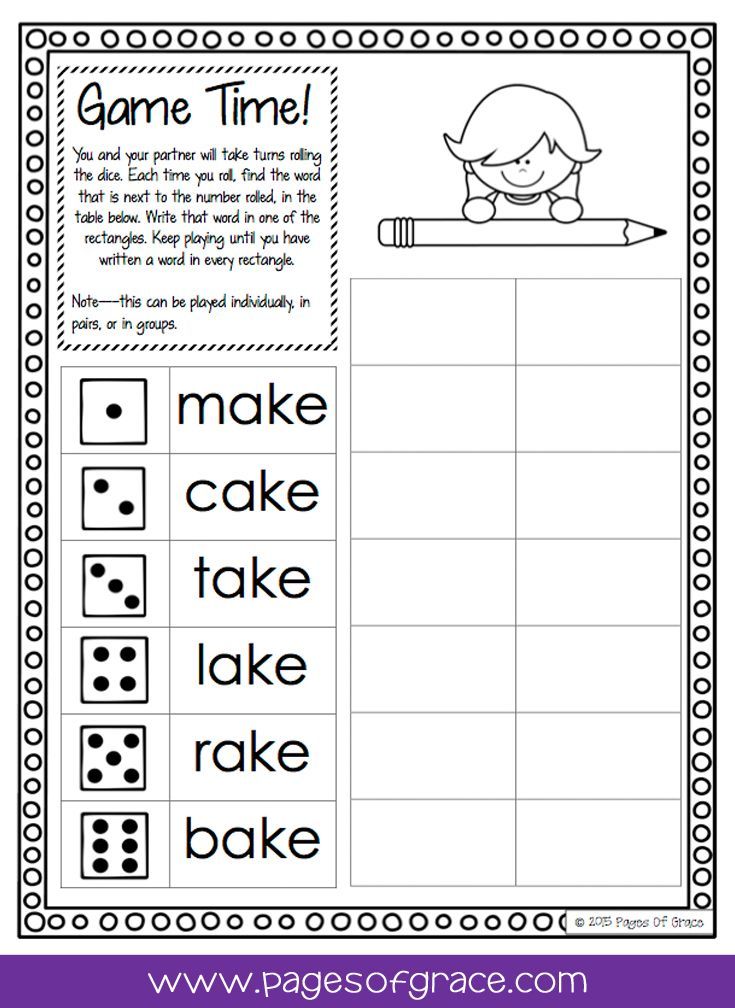 They start coloring the word at the stared letter and as they color, they make the sound of that letter. As learners go through each letter, they blend the sounds together.
They start coloring the word at the stared letter and as they color, they make the sound of that letter. As learners go through each letter, they blend the sounds together.
Once they know the word, they color in the picture that matches the word they blended.
Note: Some words contain digraphs, which are two letters that make one sound. This is indicated by having just one box for the two letters. This is to make sure learners aren’t sounding out digraphs as two separate sounds /s/-/h/, but one /sh/.
Also included in this pack are the same pages, but with writing/spelling practice included. Learners are asked to blend sounds AND then separate the sounds back out to spell them.
Learners can spell them by tracing them. Or you can make it a little more difficult. Ask learners to fold their paper to hide the colored words they’ve sounded out. After they’ve figured out the word, ask them to spell it without looking.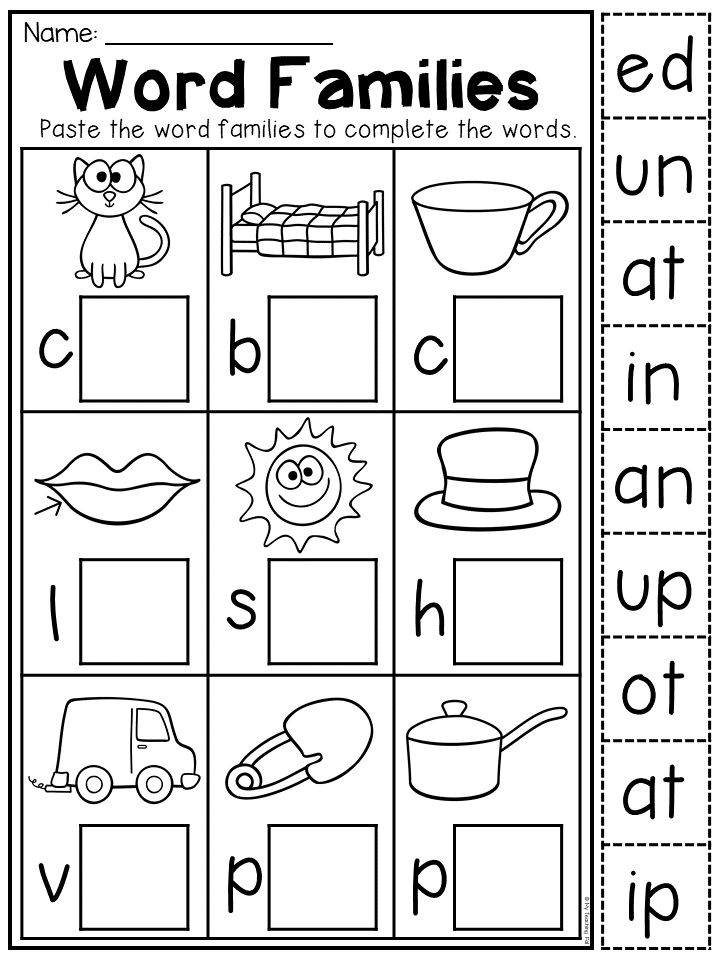 Help them sound through the word, separating the sounds if needed.
Help them sound through the word, separating the sounds if needed.
You Might Also Like
- Unfold & Blend Strips
Grab the freebie below!
Enjoy!
~Becky
Got a struggling Reader? All About Reading is design for struggling learners!
Want MORE Free Teaching Resources?
Join thousands of other subscribers to get hands-on activities and printables delivered right to your inbox!
10 ways to improve your speaking skills - Ucheba.ru
College of Economic International Relations
For graduates of 9th and 11th grades.
Higher education online
Federal project of distance education.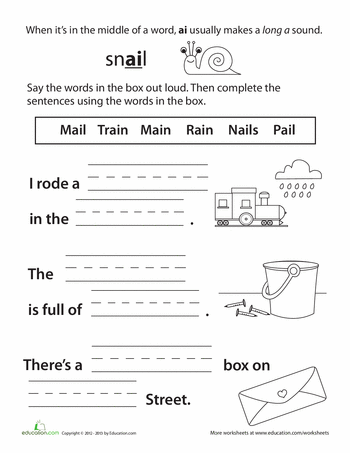 nine0005
nine0005
I would go to the oil industry!
Take the test, find out your future profession and how to get it.
Technologies of the future
Get inspired to become a cool engineer to change the world
Student projects
Moscow Polytechnic University students talk about their inventions
Chemistry and Biotechnology at RTU MIREA nine0003
120 years of training experience
International College of Arts and Communications
MKIK - modern college
English
Together with Wall Street English experts, we decided to talk about English in a way that would make you want to learn it.
15 rules of safe behavior on the Internet
Simple but important rules for safe online behavior. nine0005
Olympiads for schoolchildren
List, calendar, levels, benefits.
First economic
We talk about what lives and how the REU named after G.V. Plekhanov.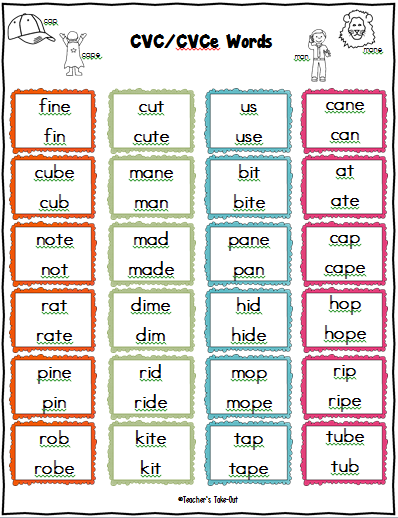
Ticket to Holland
Participate in the competition and win a trip to Holland to study at one of the summer schools at Radboud University.
nine0002 Digital HeroesThey create Internet services, social networks, games and applications that are used daily by millions of people around the world.
Jobs of the future
How new technologies, scientific discoveries and innovations will change the landscape of the labor market in the next 20-30 years
Dream professions
Together with the Foxford online learning center, we decided to ask schoolchildren who they dream of becoming and where they plan to go. nine0005
Economic Education
About what the modern economy is and what career prospects open up for future economists.
Humanitarian sphere
We talk with experts about the importance of liberal arts education and the areas of its application in practice.
Young engineers
Engineering specialties are becoming more and more in demand and promising.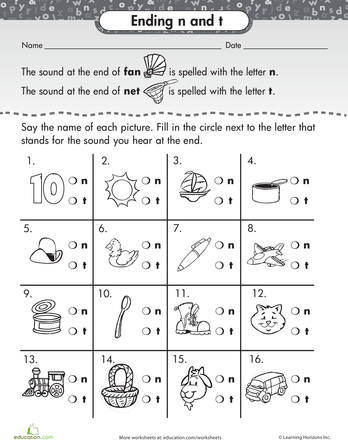 nine0005
nine0005
Table of ranks
What is the civil service, who are civil servants and what kind of education is a good start for future officials.
Career in petrochemistry
Petrochemistry is innovation, the real production of products that are in every home.
what not to say in front of native English speakers / Sudo Null IT News
Do you like Sacher? I love. But I have mixed feelings about this. If Franz Sacher started production of his cake in today's Russia, kind people would advise him to think about changing the name. Just as they suggested at one time to change the name of the first Bulgarian cosmonaut Georgy Kakalov .
The Russian ear instantly picks up obscene connotations in quite decent foreign words. To the same extent that foreigners are in our speech. There are many Russian words that raise questions among English-speaking people. There are also features of Russian pronunciation that turn neutral English words into abusive ones. Let's talk about these two categories. nine0005
Let's talk about these two categories. nine0005
Russian words that sound obscene in English
Well, they sound and sound, you say, I don't communicate in Russian with the English. Absolutely. But there are situations when we communicate in Russian among English speakers. And in the name of maintaining health and good neighborly relations, it is useful to understand what words they can misunderstand.
Book
sounds very similar to the word Nigga , that is, “Niger”. If a black person hears this out of context, it can be non-illusory to get in the face. White people will not beat, but they will blame. Perhaps the worst word that can be said in public in an English-speaking country. nine0005
You might think that there is a letter “k” at the beginning, and the Russian “i” differs decently from the English “i”. But if your diction and pronunciation are as far from ideal as mine, then understanding for the listener that these differences exist and that they are intentional will not be as easy as it seems.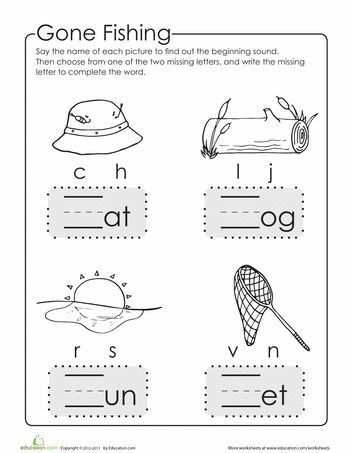
Fact
Very similar to English fucked . What can mean a whole range of situations: from “fucked” to “was fucked” (literally and figuratively). English word fact is written in the same way as Russian, but is pronounced with an “e”: “fact”.
Fart
Fart in English means fart or fart. It is unlikely that you, dear reader, actively use this word, but if you suddenly think about it, “luck” will sound better. Interestingly, “luck” has no English analogue at all, this is our unique invention. English only has the boring luck .
Shower
Sounds close to English douche , meaning an unpleasant, smug person. There is no direct Russian analogue, unfortunately. There is also an alternative meaning - "enema". Same as douchebag .
It's funny that popular online translators indicate that the main meaning of the word douche is “shower”, which has nothing to do with reality.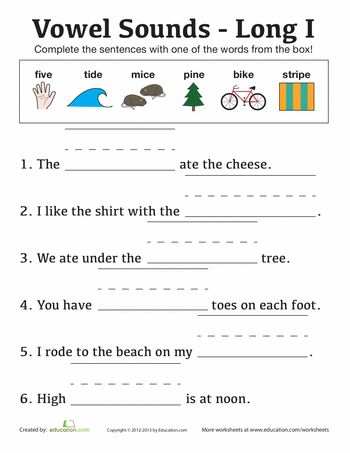 “Shower” as a place where you can wash yourself is only shower .
“Shower” as a place where you can wash yourself is only shower .
Shield, shield, sewing
Reminds of the word shit – “shit”. nine0005
Day, money
Similar to dang , an exclamation like our “Damn!” Such an easy version of the word damn - “damn”, “curse”, “damn”, etc.
English words that sound obscene when pronounced incorrectly
In addition to false-sounding Russian words, there are many English words that radically change the meaning with slight variations in pronunciation. The so-called minimal pairs ( minimal pairs ).
Their insidiousness lies in the presence of sounds that are absent in the Russian language, and in the chaotic rules of English pronunciation. Many students choose the nearest Russian analogues of English sounds and slide into some kind of stereotypical Russian accent . Others choose one of the close English sounds, and everyone pronounces with it. Like, “i” , “ee” - what's the difference, it sounds similar.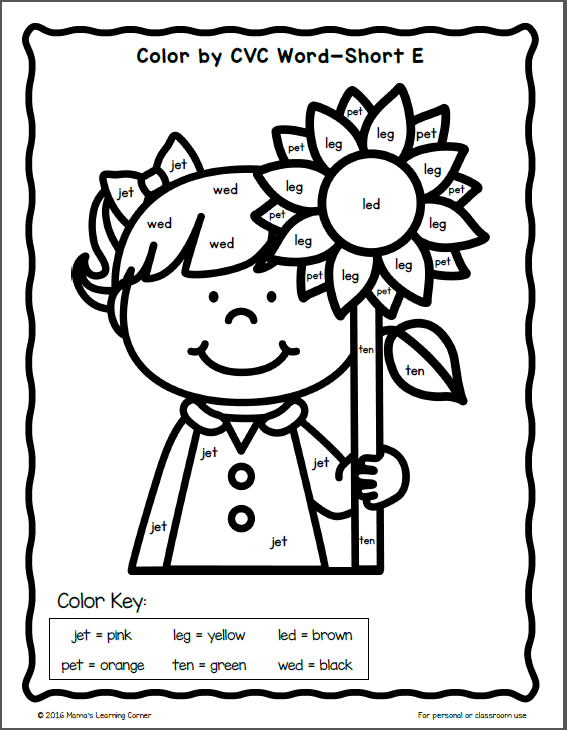
I rarely hear that when studying English we focus on critical minimal pairs. This happens, I think, because our English teachers often do not hear the difference in pronunciation themselves. Yes, and they pronounce four with a minus. How do you learn important nuances here? nine0005
In this context, one might get the feeling that native speakers don't really hear the differences either. And if they do, they will give a discount to a foreigner. The second is basically correct. Most people will figure out what you meant and will not show that they heard something indecent. However, they will hear exactly what you said , and not what you meant. Just as a Russian does not confuse the words “donkey” and “donkey” by ear.
It is not superfluous to be at least familiar with these couples.
In the first group of words, the focus is on sounds “ee” and “i” . In transcriptions, they are indicated as “iː” and “i”. The first sound is a long one, similar to the Russian “and”, only pronounced with a forced smile.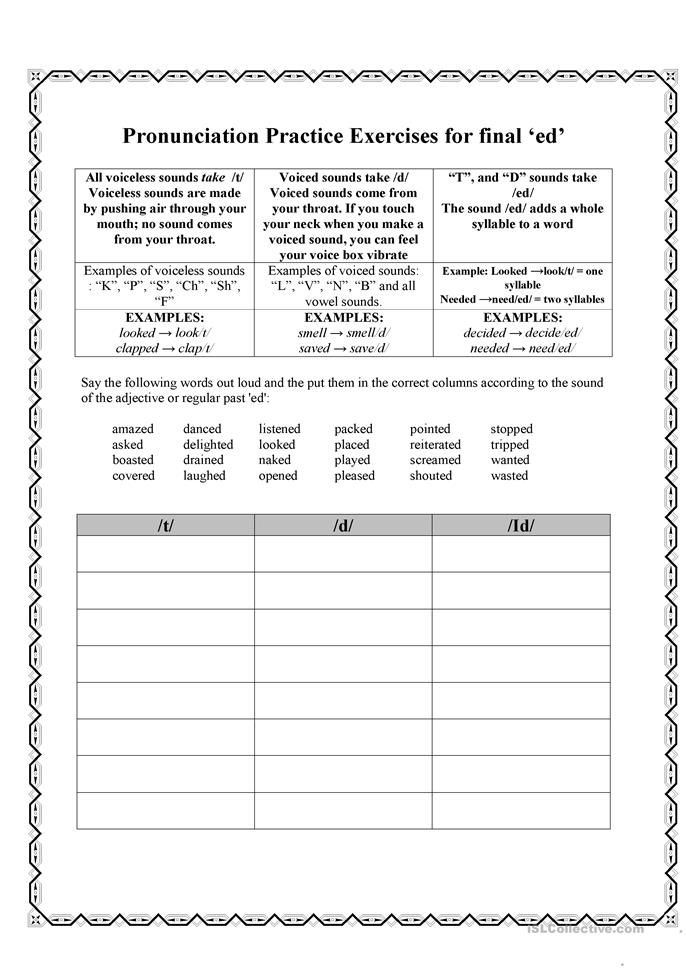 The second is short, similar to a strangled “e” in the rudiment. Detailed video .
The second is short, similar to a strangled “e” in the rudiment. Detailed video .
Sheet / shit
Sheet - sheet, sheet
Shit - shit
Test sentence:
There shit is on the sheets.
The sheets are crap.
Piece, PEACE / PISS
Piece - Part, part
PEACE - Peace, peace
PISS - DIST
PLAYING THEE
Bagpipes are easy to play.
(stable expression, something like our "like two fingers piss")
Beach / bitch
Beach - beach
Bitch - bitch, complain
Verification sentence:
This is our beach, you bitch!
This is our beach, bitch!
Steal / still
Steal - steal, steal
Still - still, still, still
There is also the word steel (steel), which sounds exactly the same as (steal ) .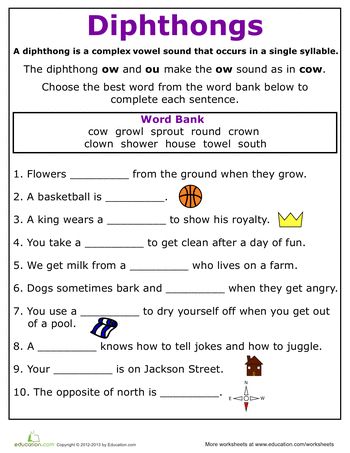 The difference between them can only be understood from the context.
The difference between them can only be understood from the context.
Test sentence:
We still steal other people's steel. nine0185 We are still stealing other people's steel.
In general, the letter combinations “ee”, “ea”, “ie” in most cases are pronounced as a long “iː”, the letter “i” as a short “i”. Although there are quite a few exceptions, like bread (bread), great (excellent), anxiety (alarm), time (time), sight (look). Such is the English language.
Can't / cunt
Can't - can't
Cunt - [rug. nine0095 female genital ]
In American pronunciation, these words are difficult to confuse: can’t is pronounced “cant”, cunt is “cant”. In non-US, they are much closer than . If you're a fan of British pronunciation, can't should be spoken with a long open "a" (a:) and cunt with a short closed "a" (ʌ).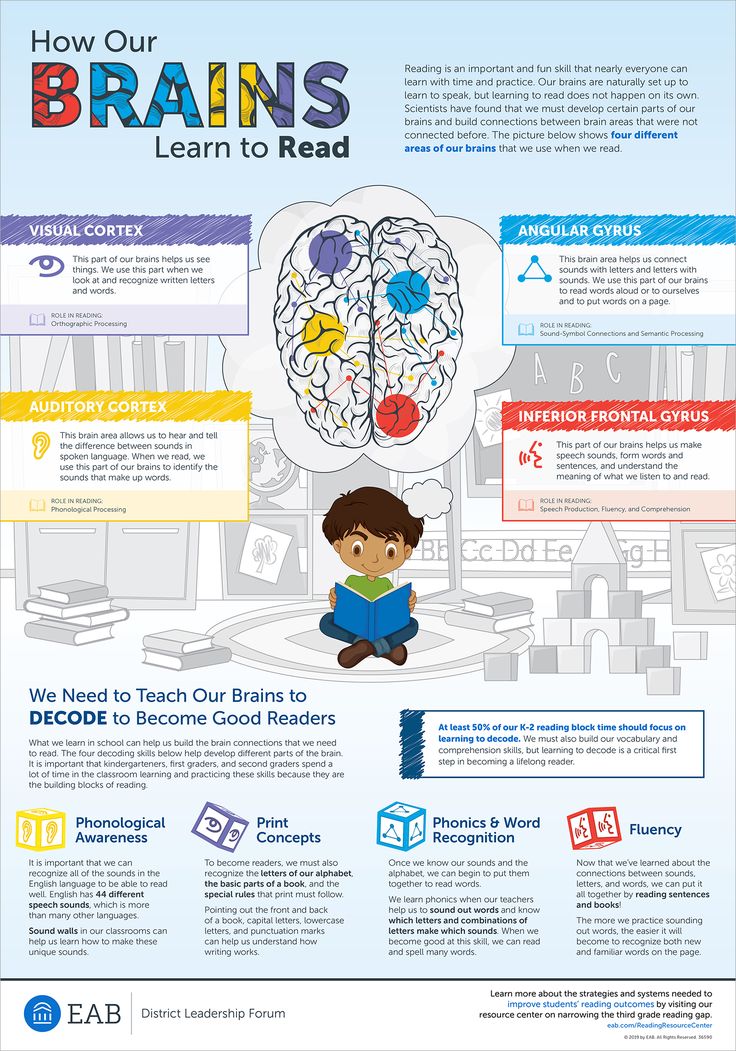 Read more . But frankly, without context and musical ear, it is quite difficult to understand where what the British say in ordinary speech. As a last resort, you can always say cannot .
Read more . But frankly, without context and musical ear, it is quite difficult to understand where what the British say in ordinary speech. As a last resort, you can always say cannot .
Test offer:
I can't stand that old cunt.
I can't stand this old n****.
Coke / cock
Coke – cola (also “cocaine”)
Cock – cock (also “cock”)
In this case, the difference in sound is quite clear: coke is pronounced “coke” , and cock - the same as it is written: “cock”. Read more .
Test offer:
Put your cock away, all I want is a coke.
Put your dick away, I just want a Coke.
Crepe / CRAP
Crepe - Damn (food)
CRAP - shit
This pair is similar to the previous one: Crepe pronounced through a combination of two sounds: “ CRAP ”, and CRAP - simple “ crap ”.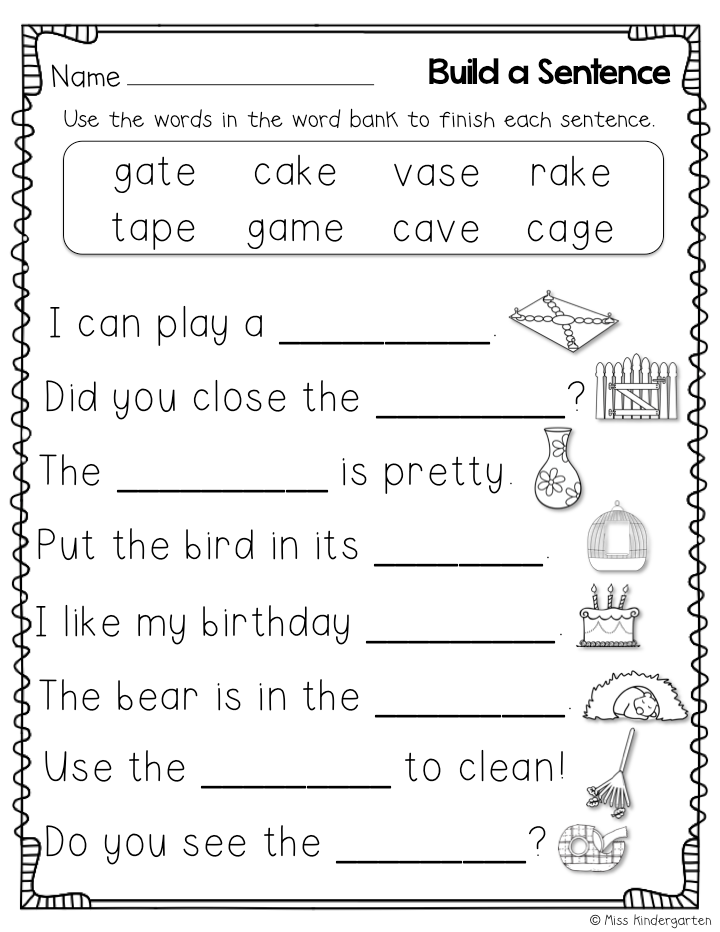
Test sentence:
This crepe tastes like crap.
This pancake tastes like shit.
Third / turd
Third - third, third
Turd - shit
third has a θ sound at the beginning, as in think (think) 9096 (think) or 90 throat turd has a simple “t”. Read more .
Verification offer:
We need to deal with the third turd.
We need to deal with the third piece of shit.
How to feel the difference between similar words
Small aspects in pairs of words are most effective in pairs and train: listen to the correct pronunciation of both options and try to pronounce them yourself. Sheet, shit, sheet, shit, and so on. Then the next similar pair. After several iterations, the speech apparatus should feel the difference. To fix the result, you can find a couple of sentences containing the desired words , and practice pronouncing them.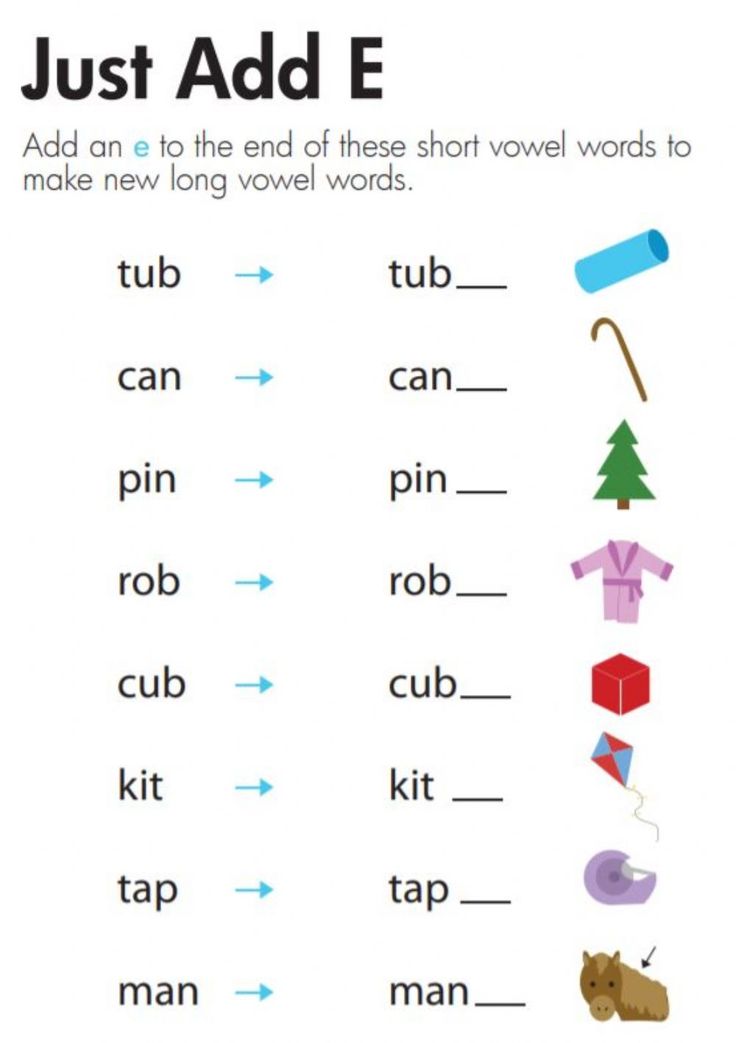 Combinations of words are not always as easy to pronounce as single words. The network has a lot of collections and exercises on this topic.
Combinations of words are not always as easy to pronounce as single words. The network has a lot of collections and exercises on this topic.
I would not recommend learning pronunciation from transcription. This is a strange way to describe sound. Something like drawing music. An example of pronunciation will replace a thousand descriptions. If it is difficult to hear it, you can reduce the playback speed. However, you should not pronounce slowly yourself, the length of the sound in English matters.
Pronunciation with Russian-speaking teachers should not be included as a separate line.
Find a good English dictionary with examples of pronunciation from real people and examples of usage in context. For example, Cambridge Dictionary , which has examples of American and British pronunciations for each word. There are also tools that work right in the browser, with additional useful features for learners.
In general, it is good practice to keep a word in tune with its sound.